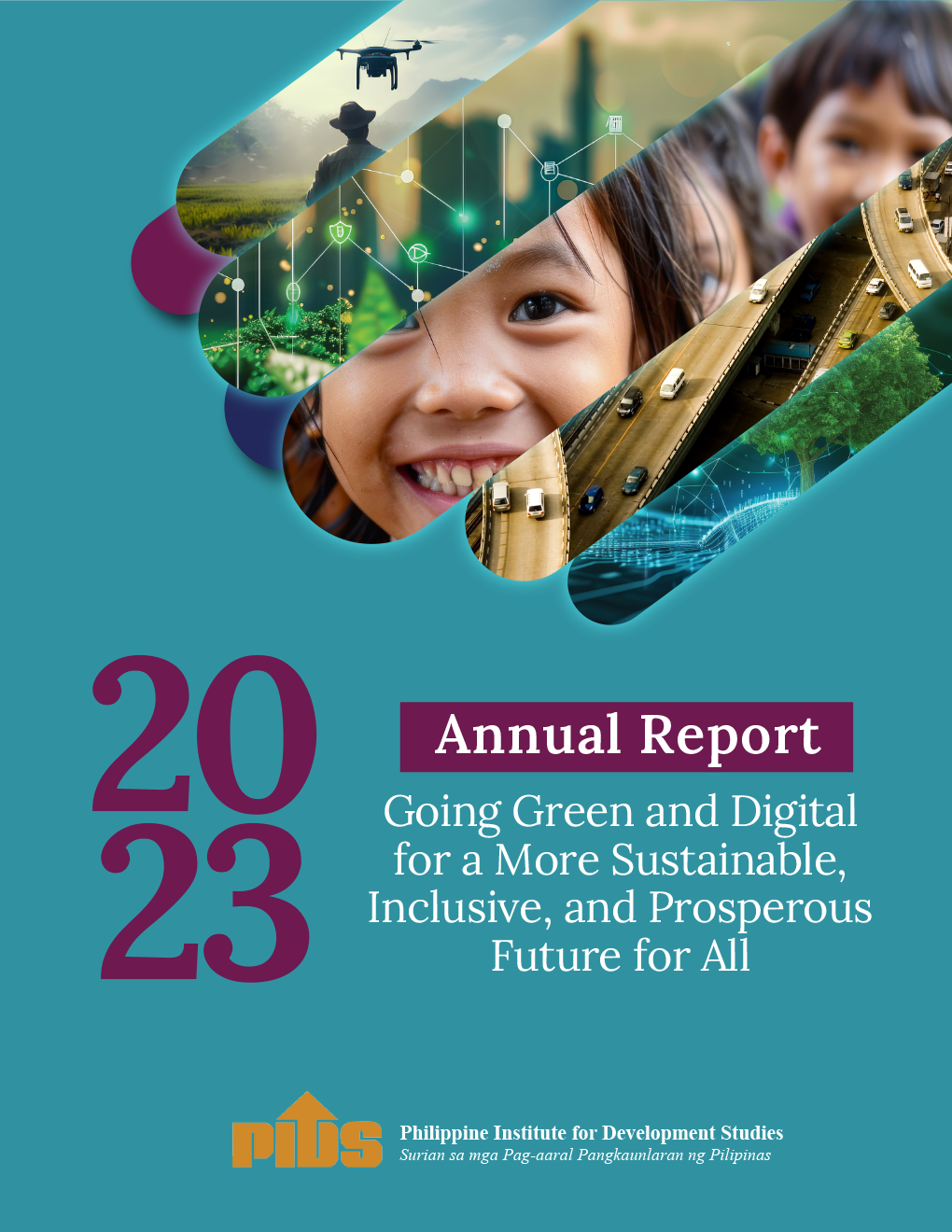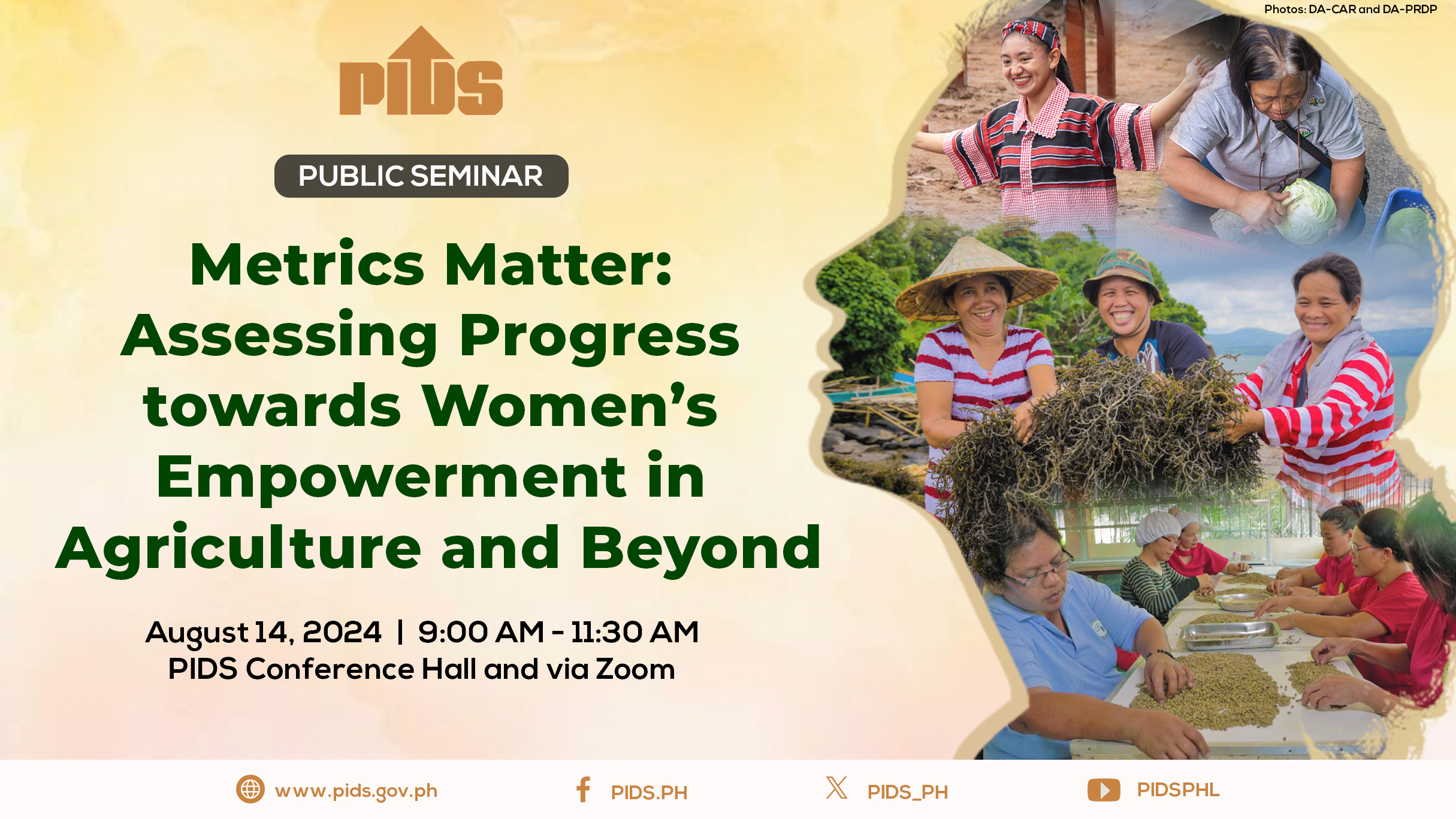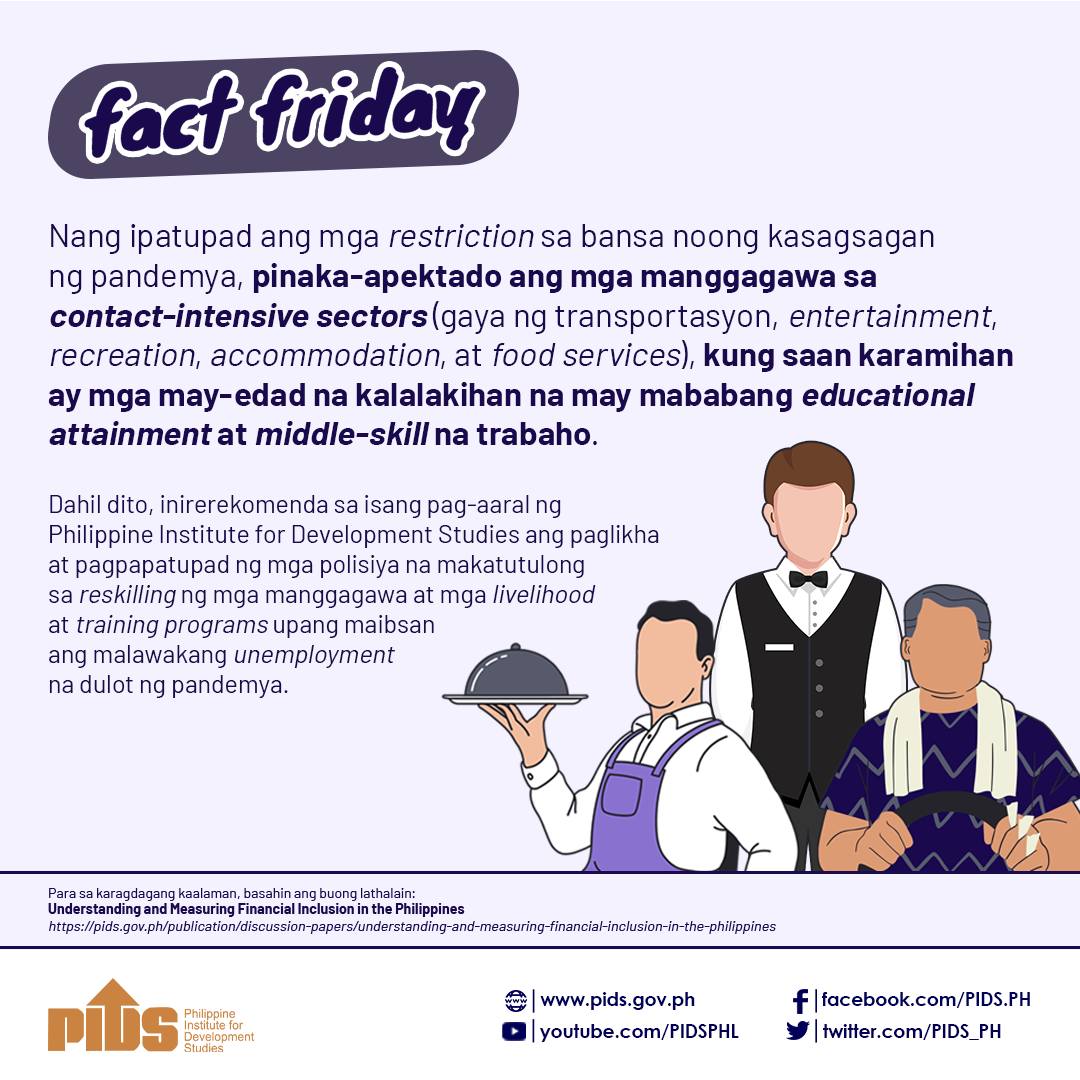MANILA, Philippines — Ahead of the Father's Day celebration Sunday, development organization Oxfam Pilipinas on Saturday called on men to bridge the gap in domestic labor after a new study found that more than half of women are reporting disproportionate increases in unpaid care work in the middle of the COVID-19 crisis.
New Oxfam research reveals that more than half of women based in the Philippines, Kenya, the United Kingdom, the United States and Canada are alloting more hours on household tasks like cooking, cleaning, washing and caring for children and other family members since the coronavirus pandemic began.
A total of 43% of female respondents surveyed in the said countries reported feeling more anxious, depressed, isolated, overworked or ill as a result of being pushed to do more household work.
“The disproportionate unpaid care work burdens that women face are driven by unwritten rules or shared beliefs about the ‘traditional’ role of women,” Oxfam Pilipinas Country Director Lot Felizco said in a release.
“Even before the COVID-19 crisis, Oxfam’s assessments show that women in the Philippines are twice as much more likely to shoulder household tasks, such as childcare and cooking.
The pandemic has not only spotlighted the importance of care work, particularly in times of emergencies and crises, but also how the care work that women do in households and communities have been, for so long, largely undervalued by society.”
Although time spent at home in the Philippines increased for both men and women during the pandemic, Oxfam says that 84% of women still provide the majority of housework.
“The pandemic also worsens the care work burdens shouldered by solo parents, women from indigenous groups, and those enrolled in the government’s social protection program, with an average of more than five hours spent on housework. The study also shows that the top tasks of women and men include washing clothes, cleaning the house, cooking, and obtaining water.”
An April 2019 study published by the Philippine Institute for Development Studies estimates that Filipino women's unpaid work is valued at trillions of pesos,
Oxfam Pilipinas Gender Advisor Jeanette Dulawan said that men, as well as governments and the private sector, can help ensure that the inequality in domestic labor is addressed.
“Men contributing more to domestic and care work during this crisis should be sustained as we transition to the ‘new normal.’ Care work must be more equitably distributed...The changes that are needed should not fall on households or women alone. Governments and the private sector have their roles to play in committing to accelerate men’s uptake of unpaid care work. This can start with even just 50 minutes more care work per day,” Dulawan said.
New Oxfam research reveals that more than half of women based in the Philippines, Kenya, the United Kingdom, the United States and Canada are alloting more hours on household tasks like cooking, cleaning, washing and caring for children and other family members since the coronavirus pandemic began.
A total of 43% of female respondents surveyed in the said countries reported feeling more anxious, depressed, isolated, overworked or ill as a result of being pushed to do more household work.
“The disproportionate unpaid care work burdens that women face are driven by unwritten rules or shared beliefs about the ‘traditional’ role of women,” Oxfam Pilipinas Country Director Lot Felizco said in a release.
“Even before the COVID-19 crisis, Oxfam’s assessments show that women in the Philippines are twice as much more likely to shoulder household tasks, such as childcare and cooking.
The pandemic has not only spotlighted the importance of care work, particularly in times of emergencies and crises, but also how the care work that women do in households and communities have been, for so long, largely undervalued by society.”
Although time spent at home in the Philippines increased for both men and women during the pandemic, Oxfam says that 84% of women still provide the majority of housework.
“The pandemic also worsens the care work burdens shouldered by solo parents, women from indigenous groups, and those enrolled in the government’s social protection program, with an average of more than five hours spent on housework. The study also shows that the top tasks of women and men include washing clothes, cleaning the house, cooking, and obtaining water.”
An April 2019 study published by the Philippine Institute for Development Studies estimates that Filipino women's unpaid work is valued at trillions of pesos,
Oxfam Pilipinas Gender Advisor Jeanette Dulawan said that men, as well as governments and the private sector, can help ensure that the inequality in domestic labor is addressed.
“Men contributing more to domestic and care work during this crisis should be sustained as we transition to the ‘new normal.’ Care work must be more equitably distributed...The changes that are needed should not fall on households or women alone. Governments and the private sector have their roles to play in committing to accelerate men’s uptake of unpaid care work. This can start with even just 50 minutes more care work per day,” Dulawan said.











